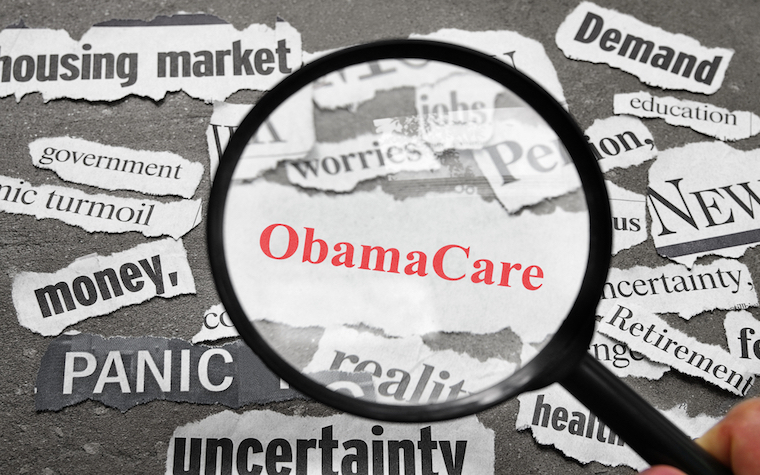
With the recent failure of several health insurance co-ops, a signature part of the Affordable Care Act, various state officials throughout the country have been scrambling to cover patients who were enrolled in the now-defunct co-ops.
Health Republic of New York, for instance, ceased operations at the end of November 2015. It is the largest co-op to go belly up, with roughly 200,000 people enrolled. New York officials were hard-pressed to cover the co-op’s patients for December before a new enrollment year began.
Just over two dozen health insurance cooperatives set up under Obamacare received a combined $2.4 billion in federal government subsidies, but they have dwindled around the country, decreasing the very competition in the health insurance marketplace that they were originally intended to create.
With more than half of the co-ops shutting down at the end of 2015, reduced competition this year in the state markets “is a reasonable concern,” Timothy McBride, health policy analyst and health economist, recently told Patient Daily News.
“Our work is showing that more competition among plans is important and helpful,” McBride said.
McBride is a professor at the Brown School of Social Work at Washington University in St. Louis, where he also co-directs the Center for Health Economics and Policy at the WU Institute for Public Health.
“In general, we find that where more plans are available, premiums are generally a bit lower and the increases in premiums do not go up as fast -- or may even fall,” he told Patient Daily.
Currently, McBride is studying the implementation of health reform at both state and national levels, among other topics. He is also chairman of Missouri’s MOHealthNET Oversight Committee, which serves an advisory role for the state Medicaid program.
“This is one of the key principles of economics, that competition helps, and so it may hurt individuals if there is less competition,” McBride said. “The shutdown of the co-ops will surely affect those who are enrolled in them.”
In his research, McBride said the center is “looking into how many are covered by those plans,” but it has not yet determined all of the data.
“What will be important is whether people have other reasonable choices of plans they can choose in the area,” McBride said. “In many places around the country -- if not most -- there are several choices of plans.”
But for those patients who were enrolled in health insurance plans offered by the now-defunct co-ops, a change in price should be expected.
“No doubt their out-of-pocket costs will change, but again that really depends on the new plan they choose and what the co-op covered,” McBride told Patient Daily. “In general, though, health insurance premiums, co-payments and deductibles change a lot from year to year.”
Patients insured by any other failed co-op have until the end of February to choose another insurer for 2016.


